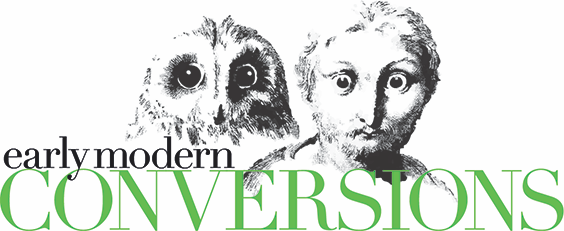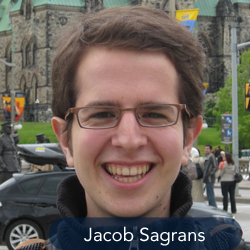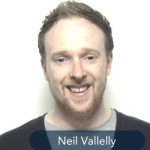
Project Description:
“Practices of Conversion: Music, Theatre, and Performance” will be pursuing three interrelated projects this year:
1) Wrap-up: Complete our anthology of quotations about religious music from early modern sources;
2) Outreach: Prepare a series of materials for training in listening, drawing on content of workshops held in May and August;
3) New direction: Work on parallels between Baroque opera and Elizabethan theater.
In its first year, this group went under the title of “The Sense of Hearing” and investigated the auditory sense and its relation to conversion in the early modern period. Of the senses, hearing has a special relationship to conversion and to devotional practices. It is harder to withhold hearing than sight; we have no earlids to block out sound. Sound and music are tightly linked to emotion, and hearing is a sense that leads readily to both conviction and deception. Hence, many devotions are sonic in nature: singing, preaching, reading aloud, chanting, reciting, murmuring, chiming.
While hearing is a sensory phenomenon, listening is a skill. One of the goals of our work will be to investigate the nature of skilled listening within the cognitive ecologies of early modern England and Europe.
Our initial work was organized around the following broad topics:
Religious music, particularly the sometimes-fraught relationship between words and music in worship
Spiritual poetry, including the role of ornamentation and aural patterns: what kinds of religious captivation might patterns and rotations in phonemes elicit in spiritual poetry?
Sound and sight: what tensions come into play when the visual medium, in striving to capture sound, confronts its incapacity to achieve that?
Performance: what is the role of the lively word in the space of the church and the theatre?
Social coordination: how do sound and music organize human activity in space and time?
Cross-cultural experiences of music in the early modern period, especially music and sound in travel narratives: were travelers transformed by their listening experiences, and if so, in what ways?
Hearing and memory: what is the distinctive role of sound and music in acts of individual and joint remembering?
– Click here for the Group Discussion Forum (username and password required).
– If you are a partner and you would like to join the discussion forum for this group, please contact the site administrator.
Read and Listen to our Previous Sessions
January 13 2014 – Choirs and Conversion within Josquin Desprez’ Huc me sydereo
















